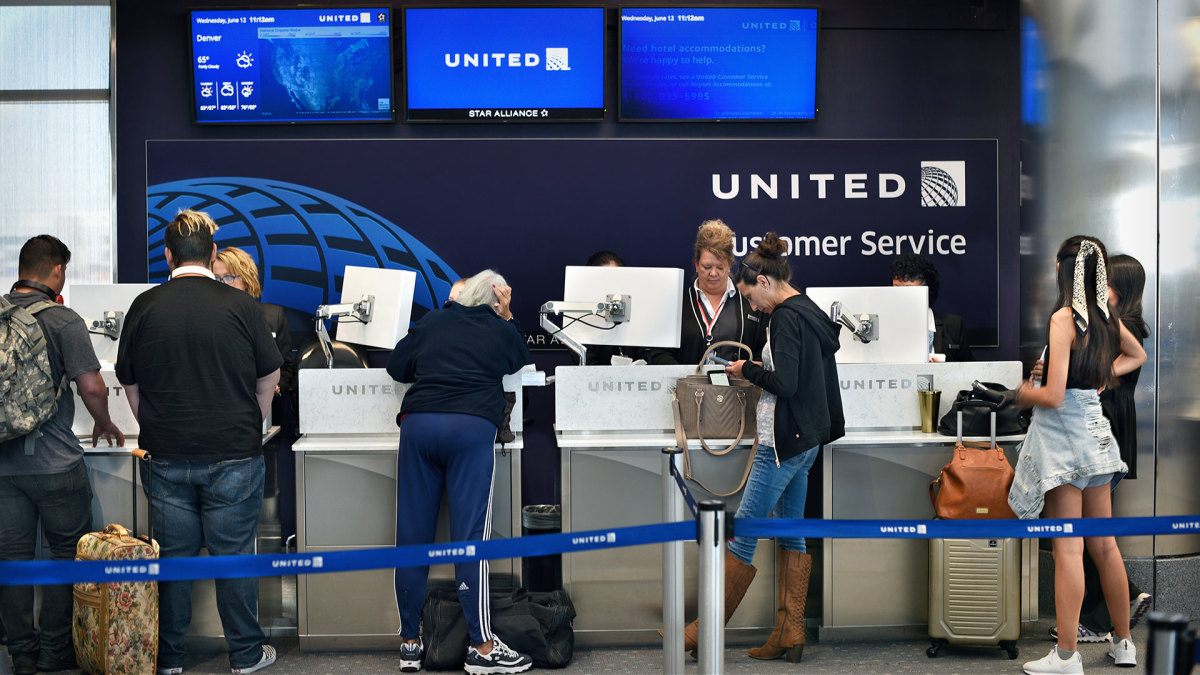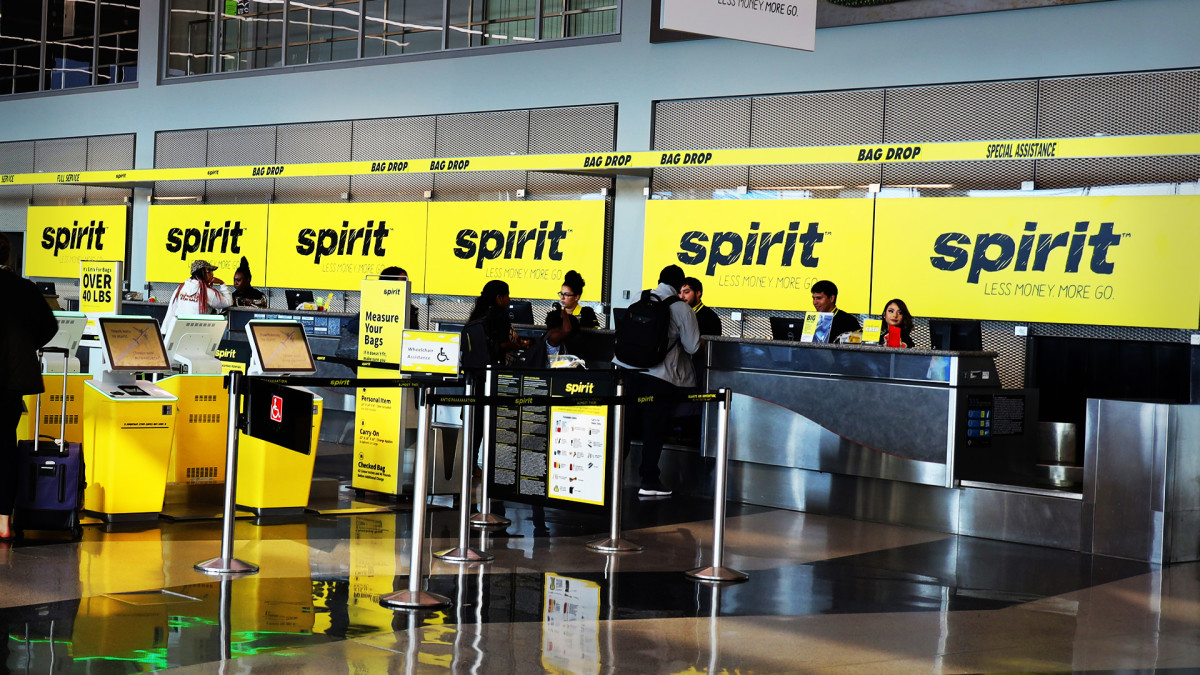
When you fly a low-cost carrier like Spirit or Frontier Airlines, you have certain expectations. You know that you only get what you pay for and that you literally won't get a seat assignment until just before boarding unless you pay for it.
Passengers also understand that both Spirit and Frontier (ULCC) commoditize every part of the flying experience. In both airline's defense, they call that an a la carte model where customers only have to pay for the items they actually need. So, if you don't mind a middle seat near the bathroom and travel without luggage, you can get a really good deal.
Related: Delta pilot salaries: What the world’s biggest airline pays its flightdeck
In addition, both Frontier and Spirit brag about ways they save money that passengers may not be thrilled about. The two discount carriers both point to their unpadded plastic molded seats as weighing less than traditional airline seats, which saves on fuel.
Frontier also boasts about how not offering internet saves its passengers money. That makes no sense because while it may take time to pay off the equipment investment, ultimately in-air WiFi is a profit center for airlines.
The two discount carriers charge for drinks and snacks and they would likely charge a seatbelt fee if federal law allowed that. They also hawk their credit cards with aggressive in-air promotion from the flight attendants.
It's unseemly and less than ideal at the end of a long overnight flight, but people know what they're getting when they book a Spirit (SAVE) or Frontier Flight.

Image source: Shutterstock
United Airlines has a captive audience
While low-cost airline customers expect every indignity, full-fare airline passengers expect better. In some ways, they're not getting it, and United Airlines UAL has been working aggressively to monetize its already paying customers.
The airline hired a vice president away from Comcast, a company not exactly known for customer service, to lead its Mileage Plus loyalty program.
"It wasn’t because he had a unique understanding of loyalty marketing. The idea was to better monetize MileagePlus members by selling ads more aggressively," Gary Leff wrote on View From the Wing
Now, about a year later, the company has rolled out its media network.
"The new technology platform gives marketers the opportunity to scale their reach across a wide range of channels including United’s award-winning mobile app and inflight entertainment screens," the airline shared on its website.
Basically, it's selling ads to its captive, already-paying audience, but the airline has tried to put a positive spin on its actions.
"And the airline expects its MileagePlus members will receive additional value through more personalized and real-time offers and experiences that drive even greater loyalty," it added.
Sign up for the Come Cruise With Me newsletter to save money on your next (or your first) cruise.
United Airlines customers will see 'better' ads
While its efforts are less crass than Frontier and Spirit trying to drive credit card signups, United's actions are blatant. The company is selling access to an audience that paid to be there and it's not sharing any of that money with passengers.
This isn't unheard of. Southwest Airlines sometimes makes passengers watch an ad in order to access their free onboard live television. That, however, seems more acceptable on a discount carrier and it feels like more of a trade with its passengers.
ALSO READ: Bankruptcy Watch: Popular retailer closes stores, websites down
United Airlines (UAL) is more blatantly leveraging its passengers.
"We’ve built a first-of-its-kind, real-time, adtech-enabled traveler media network where brands have already started connecting to premium audiences at an unmatched scale," the company shared. "Unlike some commerce media platforms, United gives brands across a wide range of industries the ability to reach engaged customers throughout the entire marketing funnel – from brand consideration to conversion – in a way that’s highly personalized and relevant, and we’re already seeing impressive results."
Want the latest cruise news and deals? Sign up for the Come Cruise With Me newsletter.
The airline knows a lot about its passengers and it's using that data to sell ads. United has said that passengers won't see more ads in-flight, but they will see more-targeted ads.
"This just takes a more high-tech, targeted approach which should make ads perform better (you’re more likely to buy) and let United sell access to you at a higher price," Leff wrote.







